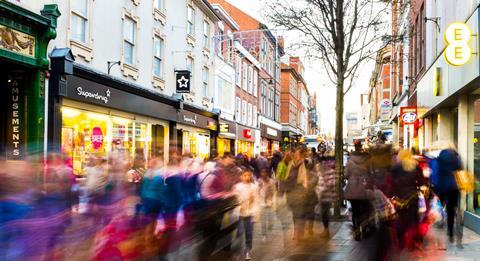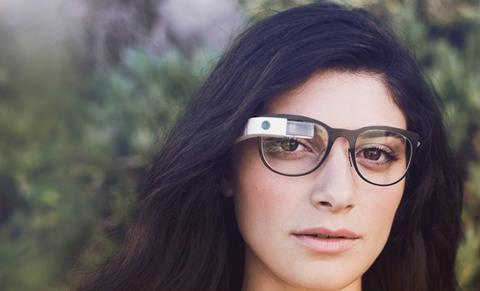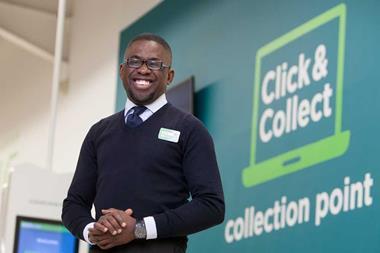PROMOTIONAL RESEARCH
Disruptive technologies, such as artificial intelligence, the Internet of Things, big data and robotics will create huge future opportunities for retailers and brands.
But this future is not as far away as we think. New business models are already disintermediating traditional retailers, particularly when it comes to owning the relationship with the customer.
Subscription services and self-replenishing smart appliances are bypassing retailers entirely, on the premise that convenience is king.
And when it comes to creating hyper-personalised experiences, social-media platforms are streets ahead, delivering this every day for their millions of users and for the brands that are willing to pay for the privilege.
To better understand these catalyst of change, Retail Week, in association with Qubit, interviewed more than 70 senior retail executives in the UK with regards to their perspectives and priorities when it comes to disruptive technologies.
The retailer view

For retailers, a major challenge lies in sorting the truly transformative technology from the noise, in order to invest in the inventions that will help to boost the bottom line.
In addition, an overwhelming number of suppliers, not to mention a confusing amount of technical jargon, adds to this difficulty of knowing where best to channel resources.
It’s a difficult job. Take Google Glass, for example. Developed by one of the world’s biggest innovators and accompanied by unprecedented levels of investment and PR, the technology was heralded as a game-changer for retail. Tesco, the UK’s largest grocer, launched a shopping app for the device just days before Google withdrew the device from sale.

The rise of the chatbot

Virtual assistants, chatbots and conversational commerce are tipped to make an impact, as stated by 42% of retail executives surveyed by Retail Week.
Meanwhile, retailers including H&M, Burberry and TK Maxx are using chatbots on social platforms such as Facebook Messenger, while Shop Direct has integrated conversational artificial intelligence (AI) technology on the mobile app of its flagship brand Very, to answer customer queries in real time.
These companies are not alone. According to the Retail Week study, 38% of respondents are already implementing AI in their business.
Outdoor brand The North Face is working with a tool called Fluid Expert Personal Shopper, powered by IBM’s Watson cognitive computing technology, which enables users to have more intuitive search experiences thanks to its natural language capability.
Meanwhile, machine learning – a type of AI that provides computers with the ability to learn without being explicitly programmed – is tipped to have an impact on the retail sector by 82% of the retailers surveyed.
Already, nearly half of those surveyed (48%) use machine learning in their business.
Half the respondents said they used machine learning to drive sales and anticipate demand, compared to the 46% that utilise it to offer personalised promotions and understand customer behaviour.
More than a third (38%) of those surveyed use machine learning to target customer segments, but only 4% use it to assess their competitors in the industry.



























1 Reader's comment